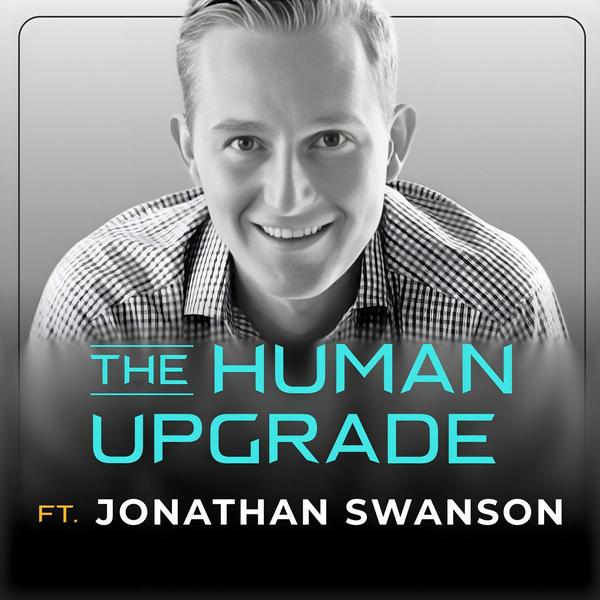Life after near-death: a new perspective on living, dying, and the afterlife | Sebastian Junger
Peter Attia
Aug 26, 2024
Mindsip insights from this episode:
Define sacred tasks to enhance dignity, love, and freedom
A sacred task can be secularly defined as anything that allows people to live with more dignity, love, and freedom, and less fear.
Explore quantum physics for insights on post-death existence
The 'delayed-choice quantum erasure' experiment, which suggests observation can retroactively change a past event, demonstrates a level of physical weirdness that could theoretically accommodate a post-death existence.
Challenge agnosticism without evidence for belief
Claiming to be agnostic about God is illogical without some evidence for God's existence, much like being agnostic about a faithful spouse cheating on you without any reason for suspicion.
Embrace ambiguity of death to find meaning in life
The ambiguity of whether an afterlife exists is perfectly attuned to making our current lives both psychologically survivable and meaningful.
Recognize sacrifice as a path to blessing
The word 'blessing' originates from the Anglo-Saxon word for blood, suggesting there is no blessing without a sacrifice or a wounding.
Transform near-death experience into personal growth
Surviving a statistically improbable near-death experience can lead to profound depression and anxiety, making the survivor feel cursed by the knowledge of what could have been.
Implement 'scoop and run' protocol for improved trauma survival rates
A randomized experiment in trauma care revealed that for penetrating injuries, immediately transporting victims to the hospital ('scoop and run') resulted in higher survival rates than stabilizing them on-site.
Reflect on premonitions of death to understand near-death experiences
36 hours before his near-death experience, the speaker had a hyper-realistic nightmare of being dead and unable to communicate with his grieving family, which he later realized mirrored classic NDE accounts.
More from
Peter Attia
AMA #78: Longevity interventions, exercise, diagnostic screening, and managing high apoB, hypertension, metabolic health, and more
Ketogenic diet, ketosis & hyperbaric oxygen: metabolic therapies for weight loss, cognition, Alzheimer's & more | Dom D'Agostino, Ph.D.
The evolutionary biology of testosterone: how it shapes male development and sex-based behavioral differences, | Carole Hooven, Ph.D.
The impact of gratitude, serving others, embracing mortality, and living intentionally | Walter Green (#288 rebroadcast)
Thyroid function and hypothyroidism: why current diagnosis and treatment fall short for many, and how new approaches are transforming care | Antonio Bianco, M.D., Ph.D.
You also might be interested in
The One Thing Everyone Thinks They Can’t Afford… Until They Try It
I’m Scared for Our Country
What Happens When You Live Inside a Quantum Field? (Anti-Aging Secrets)
Is There *Actually* Any Research On QUANTUM Fields Affecting Your Health? (You'll Be Blown Away By What You Learn!) With Ian Mitchell & Philipp von Holtzendorff-Fehling
Should YOU Carry A Gun & Knive To Protect Yourself? Self-Defense & Protection 101 With Navy SEAL Turned Preparedness Expert Bill Rapier.











